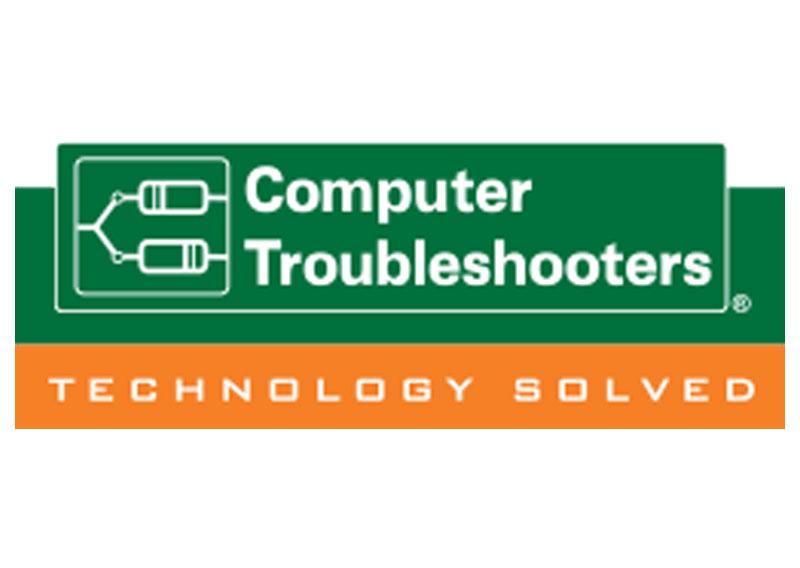Elephants never forget …. but do you?
In the era before mobile phones, you would commit all the phone numbers you needed to memory and keep a stock of small change to make calls from the ubiquitous red telephone boxes. I imagine many older people can still recite their family’s landline number to you!
You would of course also have an address book which took pride of place on the telephone table which was usually situated in the hall. It seems a strange place to sit for a long phone call, but phone handsets were hard-cabled in. The table would also hold a large paper telephone directory and perhaps a physical Yellow Pages directory too.
Now your mobile phone stores all your regular contact details – you probably can’t even recite your best friend’s number – and similarly voip systems allow you to record a full directory of business clients and vendor partners.
What are you using all that freed-up brain memory for?
One area which has grown enormously over the years is the pin (personal identification number). The first ATM started dispensing cash in 1967, with chip and pin machines adding another financial reason to remember a 4-digit code in 2004. As technology becomes more integral to everyday life, pins and security codes generally are cropping up everywhere: to unlock your phone, tablet and laptop, to verify an online purchase, as part of the MFA (multi factor authentication) process and to turn off the alarm guarding access to your business.
Are you tempted to set everything to the same pin? Your birthday perhaps? This of course negates the whole point of having pin security in the first place. Some pins are out of your control – for example the entry code to access the office store cupboard.
As if remembering pins wasn’t enough, there is also the challenge of the password. It feels like *everything* is password-protected. Many organisations impose strict composition rules like: the password needs to be at least 8 characters long with at least 1 upper case, 1 lower case, 1 numeric and 1 special character! You know that prevailing advice is to make passwords complex and unique but coming up with the right combination and committing them all to memory is no mean feat.
Have you diverted your pachyderm-like memory facilities from remembering phone numbers to recalling passwords?
Or do you rely on a little black book to store all those important combinations?
The trouble with trusting brain power alone brings with it many dangers:
- You will forget a crucial password
- You will decide to keep the format simple
- You will end up reusing passwords on lots of different applications
- You decide to use a common theme – eg your initials + app name + house number. If a hacker gets hold of one password, they should be able to guess the rest.
The physical password book is quite effective – as long as you don’t keep it on display next to your laptop! Online cyber criminals won’t be able to see it and burglars would not know where to look for it. The main downside is that it could be washed away by flood water or go up in a puff of smoke if you had the misfortune of your house catching fire. Or you could simply forget where you hid it!
So, what’s the alternative?
Get a password manager!
The only password you will need to remember going forward is the one that grants you access to the password vault – the master password.
- Each password can be as complex as you like – as long as it is acceptable under the application’s rule where you are trying to use it.
- You can set up a fresh one for every new situation.
- The password manager will probably offer a generator tool so you don’t even have to tax your brain cells to invent something unique.
- The password manager will auto-fill fields for you – not just your password but also perhaps personal data including your payment cards.
- You will be able to copy and paste the password if it is not inpuy automatically.
- You can look up passwords – it’s like a password directory if you will.
- It may even offer dark web scanning, alerting you to possible data breaches and encouraging you to change your codes.
Go on, free up your brain power for much more enjoyable pastimes. Why make your brain take the strain! If you are unsure where to start where password managers are concerned, contact Computer Troubleshooters. We use them ourselves and would highly recommend them.
Contact Suzanne on 01732 300064


